BY ELISABETH GROMOFSKY
Triple negative breast cancer is a lethal disease that occurs in 1 in every 6 women who get breast cancer. This type of cancer is common in women who have high genetic risk, which means someone in their family had breast cancer before them. If a woman has that gene in their body, it puts them at risk of getting breast cancer, possibly even triple negative breast cancer.
Dr. Vincent K. Tuohy is a researcher of autoimmune diseases at the Cleveland Clinic.
“I am not a cancer person,” said Tuohy. “I am an autoimmune immunologist and I actually became famous in the multiple sclerosis field by developing a new module that changed the way we study it.”

Recently, a vaccine that Tuohy created that targets triple negative breast cancer was approved by the FDA for trial.
“I started in 2002, published my findings in 2010 and it took 8 years to do because no one believed it,” said Dr. Tuohy. “They kept telling me to do it again so I did it (the experiment) three times.”
This vaccine was first tested on mice.
“It was best at preventing it,” said Tuohy. “When I vaccinated the mice, I found out that it could prevent the breast cancer from forming.”
In the control group, 100% of the mice developed breast cancer at the age of 10 months.
“When we vaccinated them at the age of 2 months, none of them had developed breast cancer by the age of 10 months,” said Tuohy. “But the controls, all of them did, so it was a pretty easy experiment to understand.”
This vaccine prevented three different types of breast cancer in mice.
“There was no inflammation elsewhere in the body and there was no systemic damage,” said Tuohy. “The vaccine did not seem to damage any of the other tissues because the protein that we target is only found in the breast.”
Tuohy and his six other colleagues kept working on this vaccine until now.
“I don’t have a very large group working with me but I do have a very dedicated group,” said Tuohy. “I am very selective about my people and I have a great team.”
In 2017, they received a grant that finally financed the study.
“We were working without money other than donations,” said Tuohy.
Vaccines before this were only treatment vaccines, meaning that they would only help treat the cancer instead of prevent it.
“Treatment vaccines just didn’t work well,” said Tuohy. “Vaccines are meant to prevent the disease, not to treat it.”
There are only two cancers as of now that are preventable with a vaccine which are cervical cancer and liver cancer. Both of these vaccines target pathogens, which are aliens to the human body.
“There is no pathogen associated with ovarian, breast or prostate cancer,” said Tuohy. “So we had to come up with a new target. We couldn’t target pathogens.”
This type of vaccine targets the proteins that are no longer expressed in normal tissues as people age but are expressed in the tumors that are derived from those normal tissues.
“As we age, proteins stop being made and some of them you can see and some you cannot,” said Tuohy. “I took advantage of the fact that as we age, we reach the point where we develop breast cancer and ovarian cancer.”
All of these diseases occur with age. The median age for breast cancer is 61. Half the women that develop breast cancer are below 61 and half are above 61.
“We have no adult vaccine program to prevent diseases that we get with age,” said Tuohy. “We have a wonderful childhood vaccine program but it ends in the teens with HPV.”
There are no preventative vaccines for diseases that people confront with age.
“When I realized that it was like getting hit with lightning,” said Tuohy. “I realized that I needed to create a 21st century vaccine program that prevents diseases that we confront with age.”
When Tuohy first started, no one believed him that this was actually going to work.
“When I was walking around saying all this, most people thought ‘oh there he goes again,’ just talking and putting up with me,” said Tuohy. “It sounded like fiction, but we are making it real.”
There is a tendency that people think his ideas are too far out of the box and they did not have the money to fund his ideas.
“It took a very long time for the medical research to accept my ideas,” said Tuohy. “What I am trying to do (with this vaccine) is that it delays the cancer so long, that you get it when you are dead.”
In other words, the hope is that if one is vaccinated at a specific age, they will never develop breast cancer.
“It is very difficult to overcome a genetic drive,” said Tuohy. “If it is your genes, you’re going to get it. But instead of getting it at 61, we want you to get it at 95.”
This vaccine will not lead to a cure of breast cancer all together, but it will lower the incidents significantly.
“You will see drugs on the market and on TV that are advertised that say ‘you can live two months longer,’” said Tuohy. “What the mice study has shown is that instead of a woman dying at 63, they are celebrating their 90th birthday before they die.”
Prevention of this disease with this vaccine would not only incrementally improve a woman’s life by two months, but prevent the disease for their whole life.
“We have already written a criteria for this vaccine to describe who is eligible,” said Tuohy. “The first clinical trial is going to be on women who already have three years of diagnosis with triple negative breast cancer.”
The reason behind this is because Tuohy cannot offer anything solid yet to normal women due to the vaccine still being in clinical trial.
“If the women have already had this disease, then it could prolong their relapse,” said Tuohy. “I have to use those people to see what the dose is and if it is safe.”
The FDA will not let doctors and researchers take this vaccine out of trial unless there is a safety profile written.
“We know what we want in the immune response and we know what will prevent the tumor growth,” said Tuohy. “We have to reach that first and we don’t know how many immunizations we will need.”
Tumors do not die. They grow and grow so it is hard to tell if this vaccine could help prevent other types of cancer in the body.
“My job is to make it financially feasible to do these trials,” said Tuohy. “That is the other hat I wear; I have to convince the people with the money to give me the money so I can do the trials.”
This vaccine is only in the first phase of many clinical trials. There is no timeline or date for this vaccine to be rolled out universally.
“We want to do two, phase-one trials which will probably take a year and a half,” said Tuohy. “Then we have to do phase two which is a small trial where we already know the safety and dosage. That is where we do maybe 100 or 200 patients, which will take about four years.”
After stage two, there is a multi-center phase three trial where the vaccine is spread nationwide to multiple centers.
“That last trial could cost well over 100 million dollars and take another 5 years,” said Tuohy. “I don’t see anything happening for at least eight years, if everything goes perfectly well.”
Prevention trials are very slow moving because the FDA must monitor patients to make sure they do not develop weird symptoms.
“There is a high risk and they are going to allow me to vaccinate so that is very good,” said Tuohy. “It takes a long time.”
The lifespan of humans has improved by almost 40 years in the past century solely due to the creation of antibiotics and vaccines.
“We need a 21st century vaccine program,” said Tuohy. “I envision that when women reach 40, they get their breast cancer vaccine, when they reach 50 they get their ovarian cancer vaccine, and when men hit 50 they get their prostate cancer vaccine depending on what they are susceptible to.”
Primary 20th century vaccines only target infectious diseases in children.
“That is the vision I have in the future; an adult vaccine program,” said Tuohy. “This is the only way we can extend lifespan in the 21st century the way we did in the 20th century.”
Tuohy is very hopeful about the future when it comes to preventative medicine.
“Why die at 76 when you can die at 103, and somewhat healthy?” said Tuohy. “I am just the pioneer in the forest; my vaccine will probably be replaced but I need to get the ball rolling. I want to change the world.”

![Wadsworth High Hosts 2024 Commencement Ceremony [Photo and Video Gallery]](https://wadsworthbruin.com/wp-content/uploads/2024/05/IMG_3914-e1716990261188-1200x741.jpg)
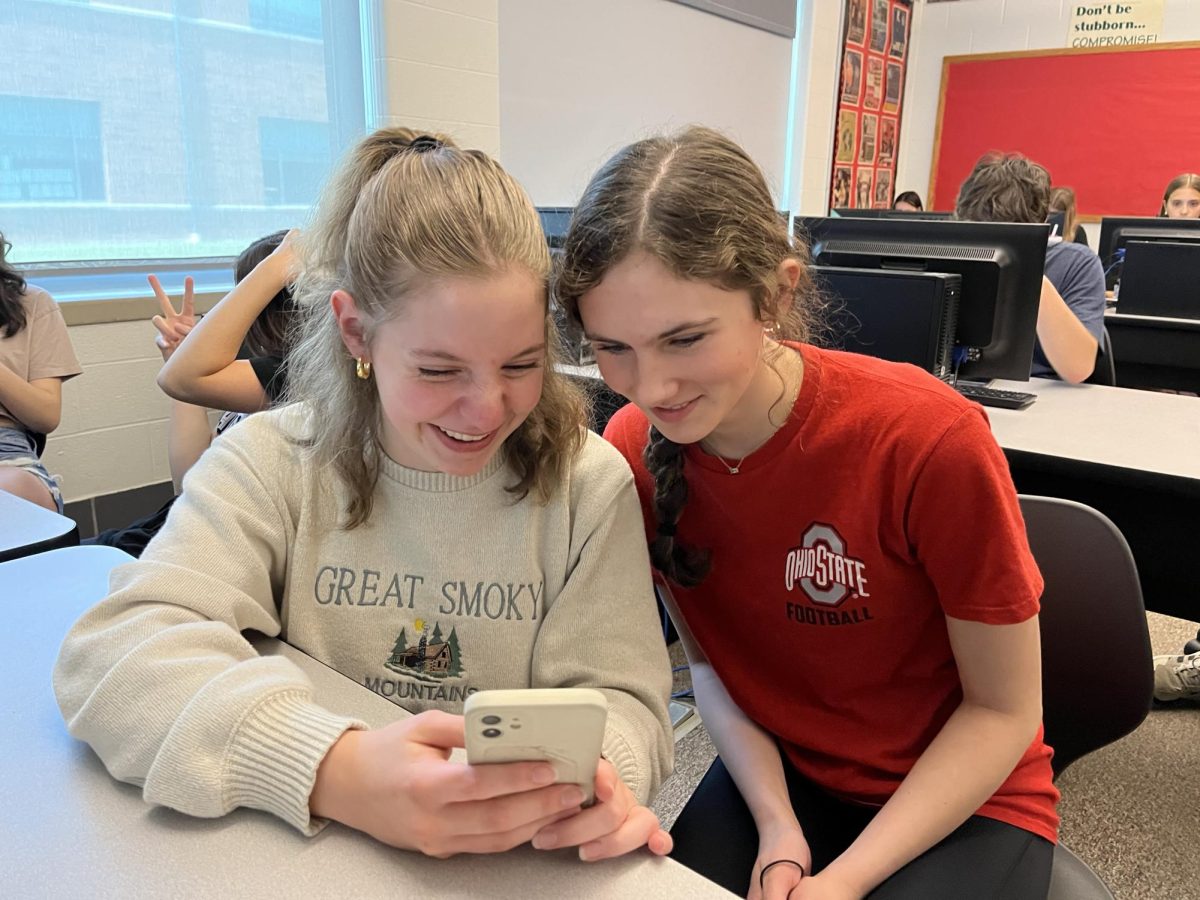
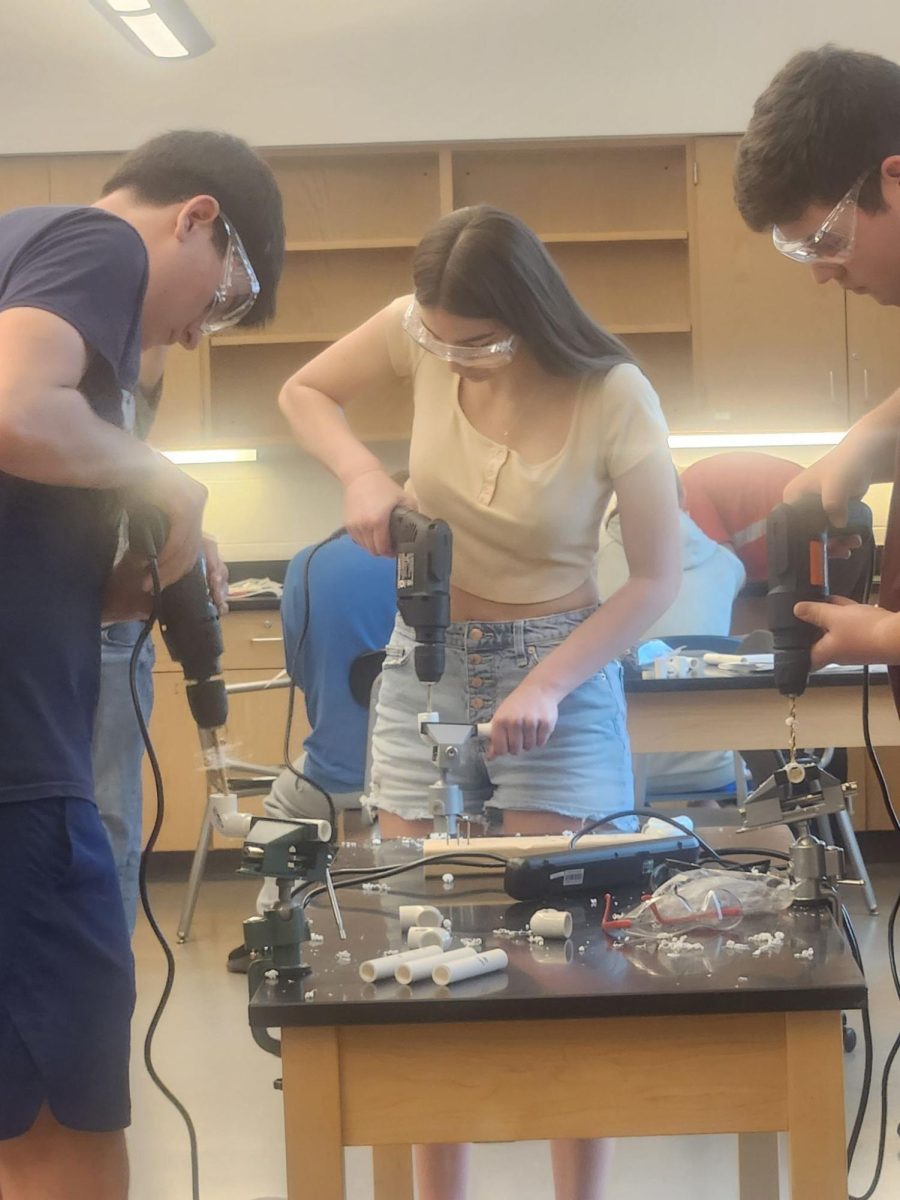
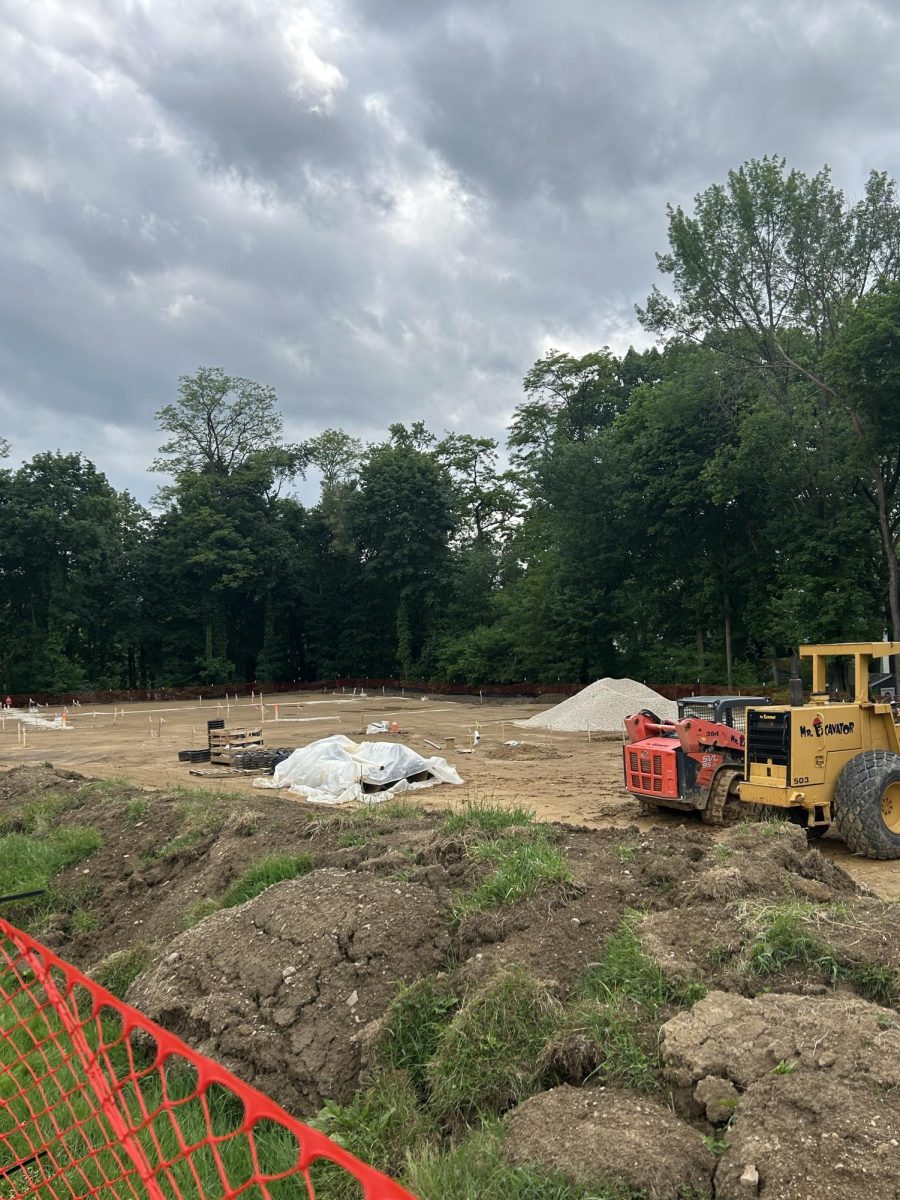
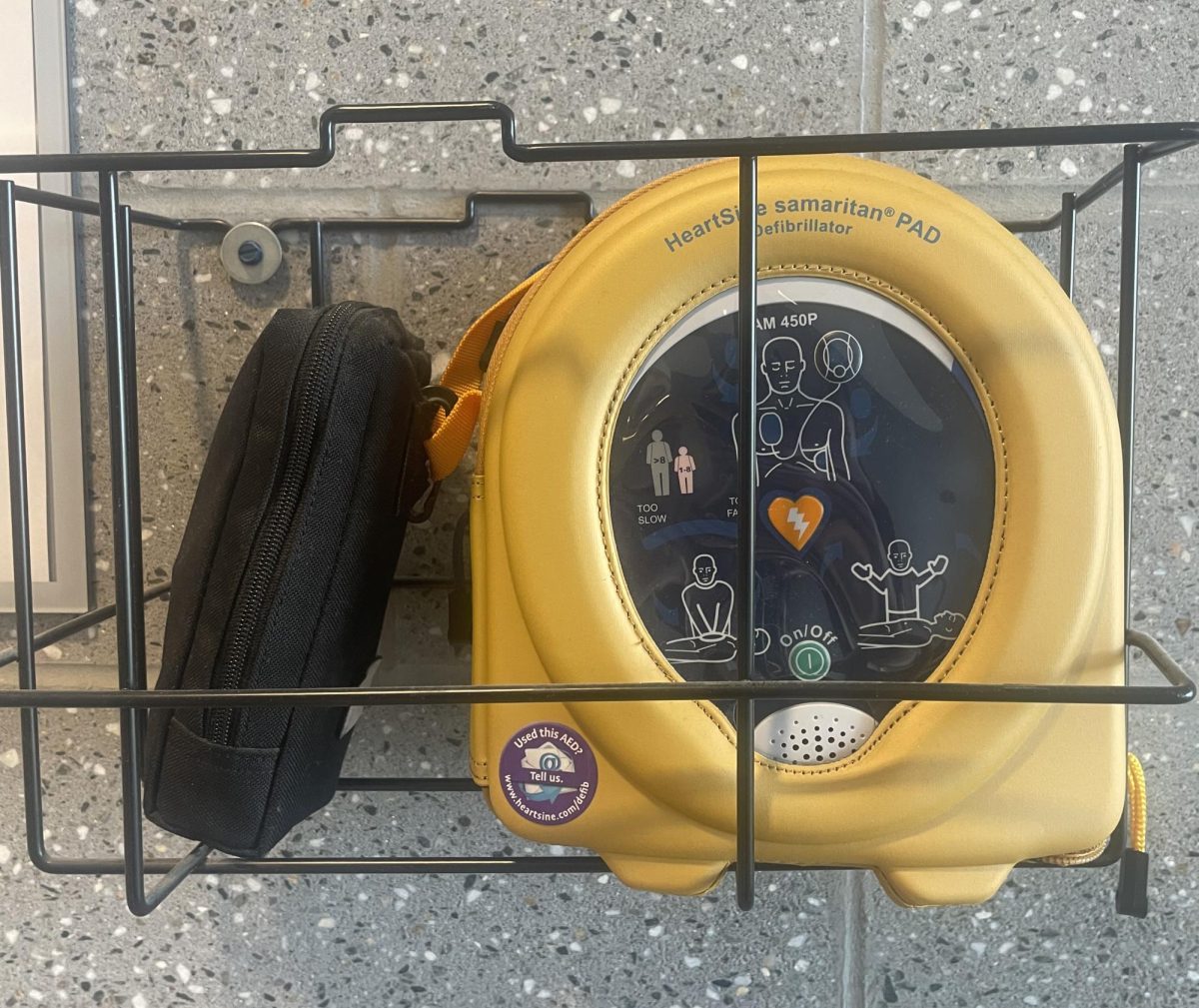
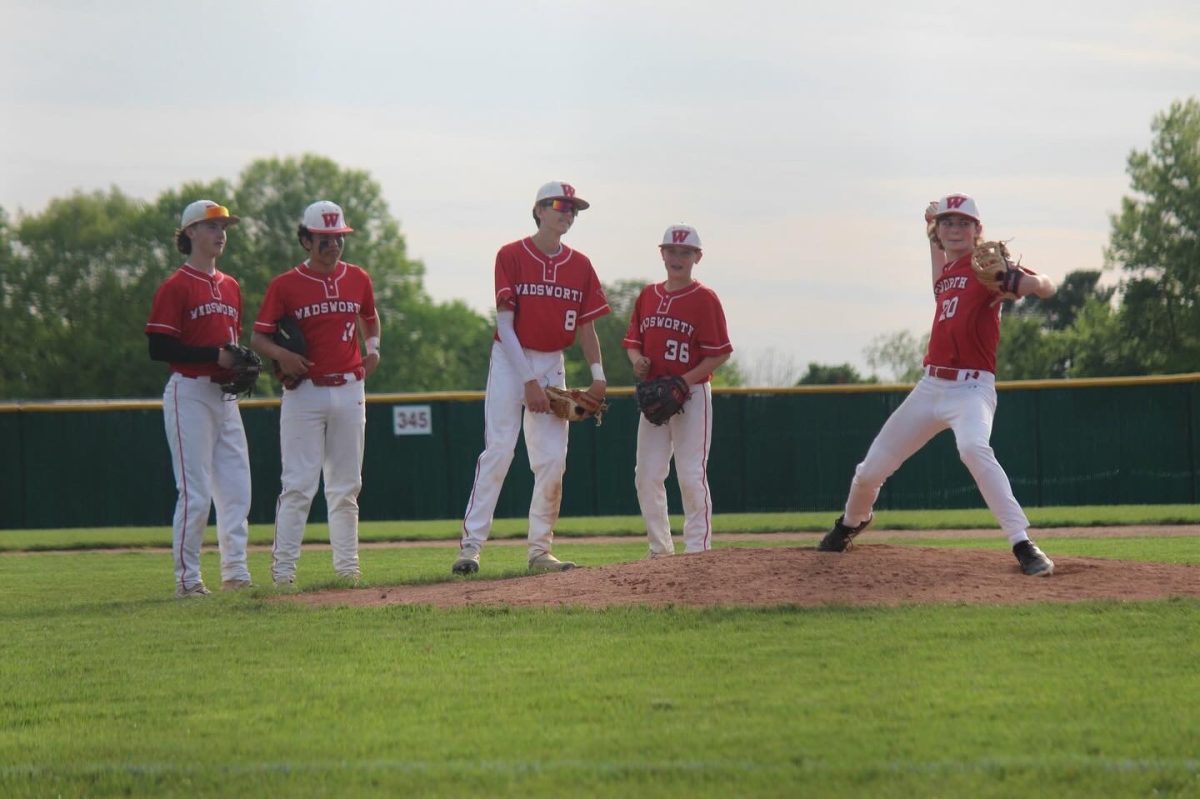
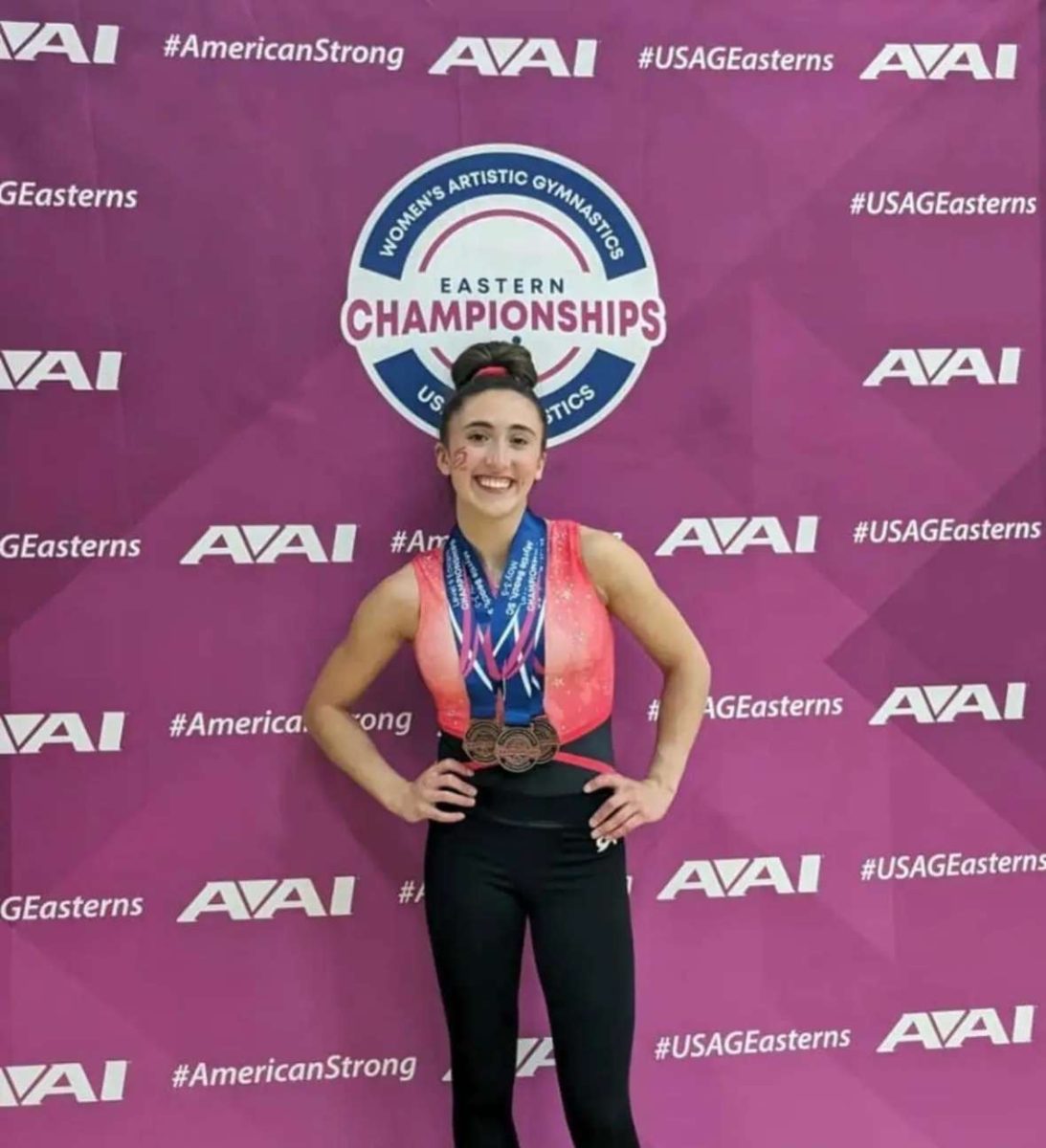
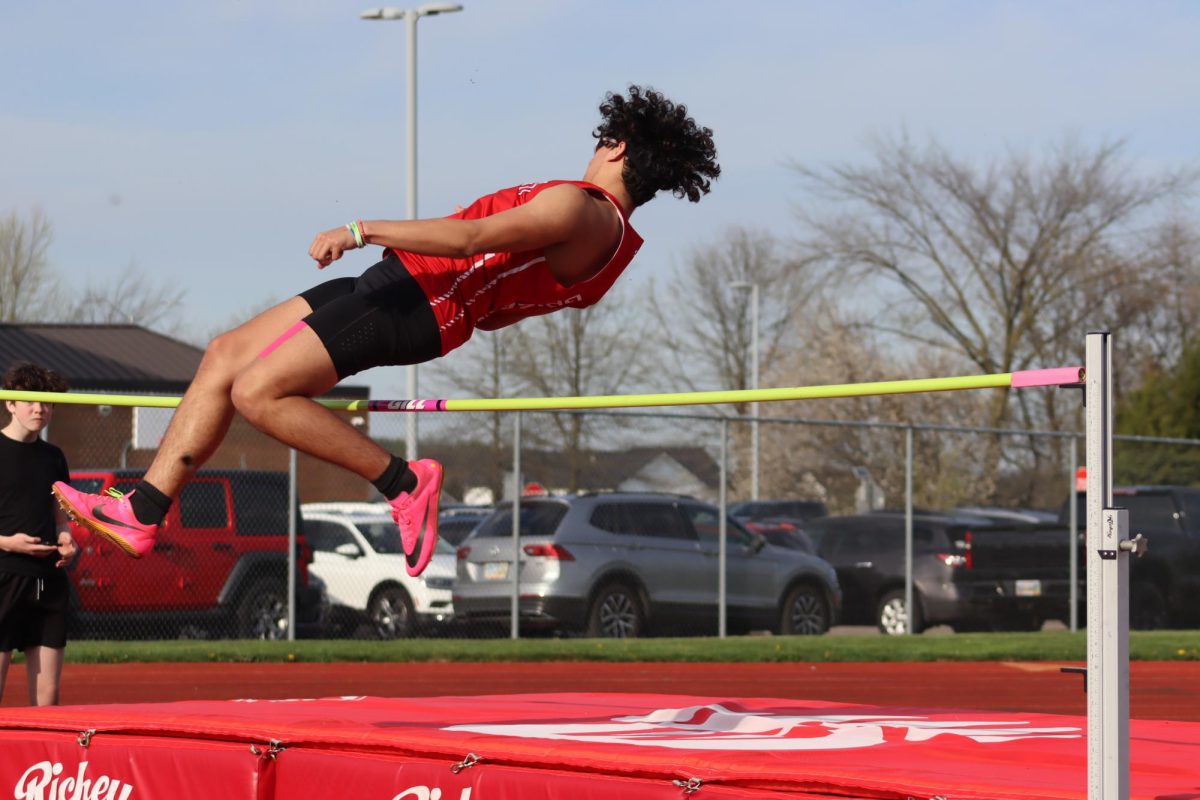
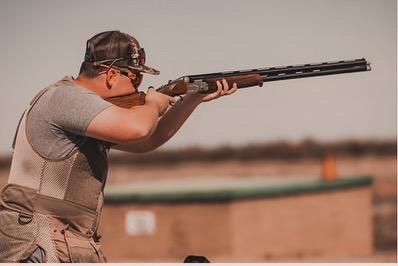
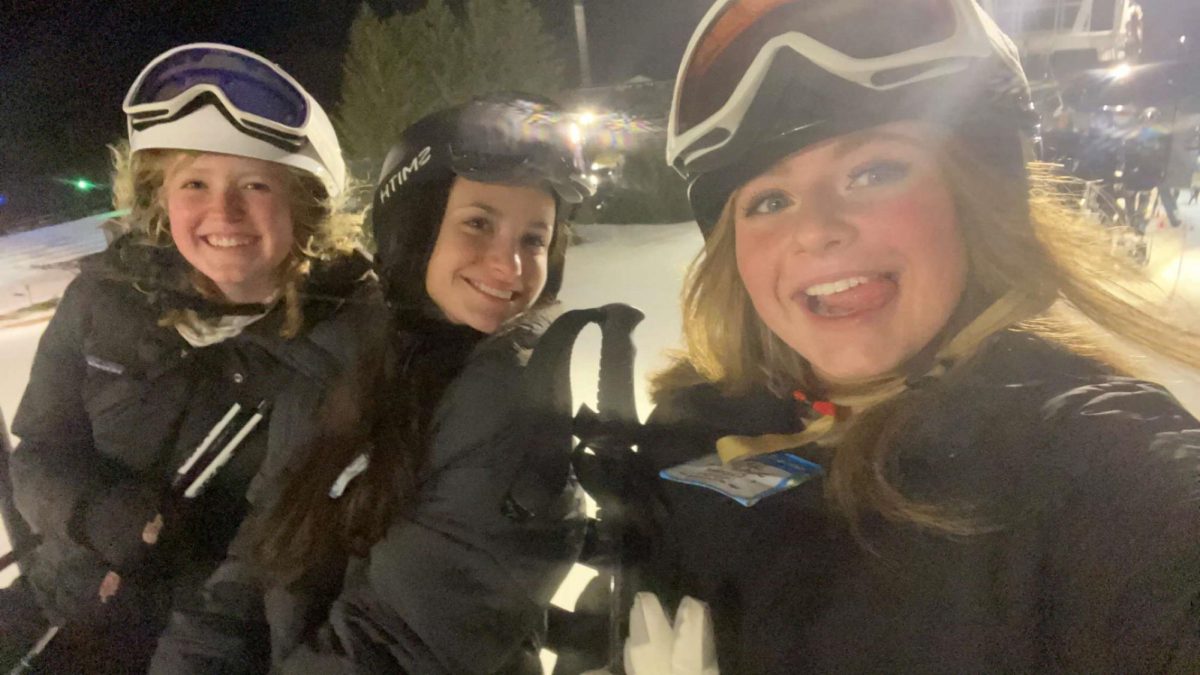
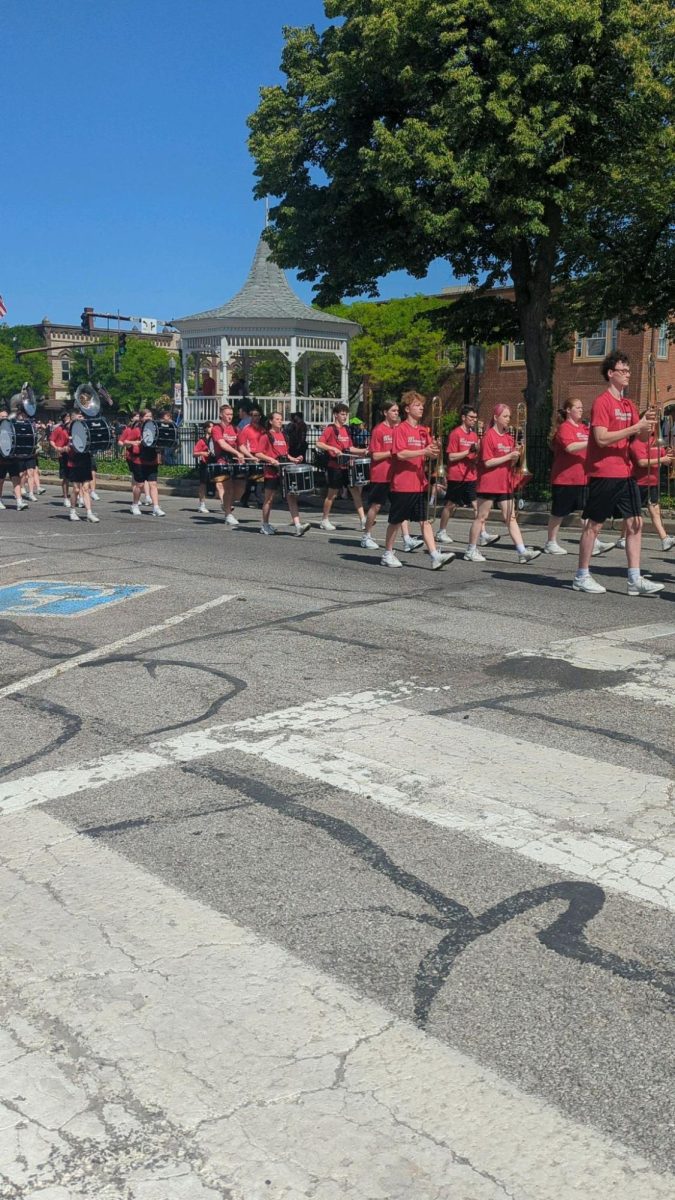
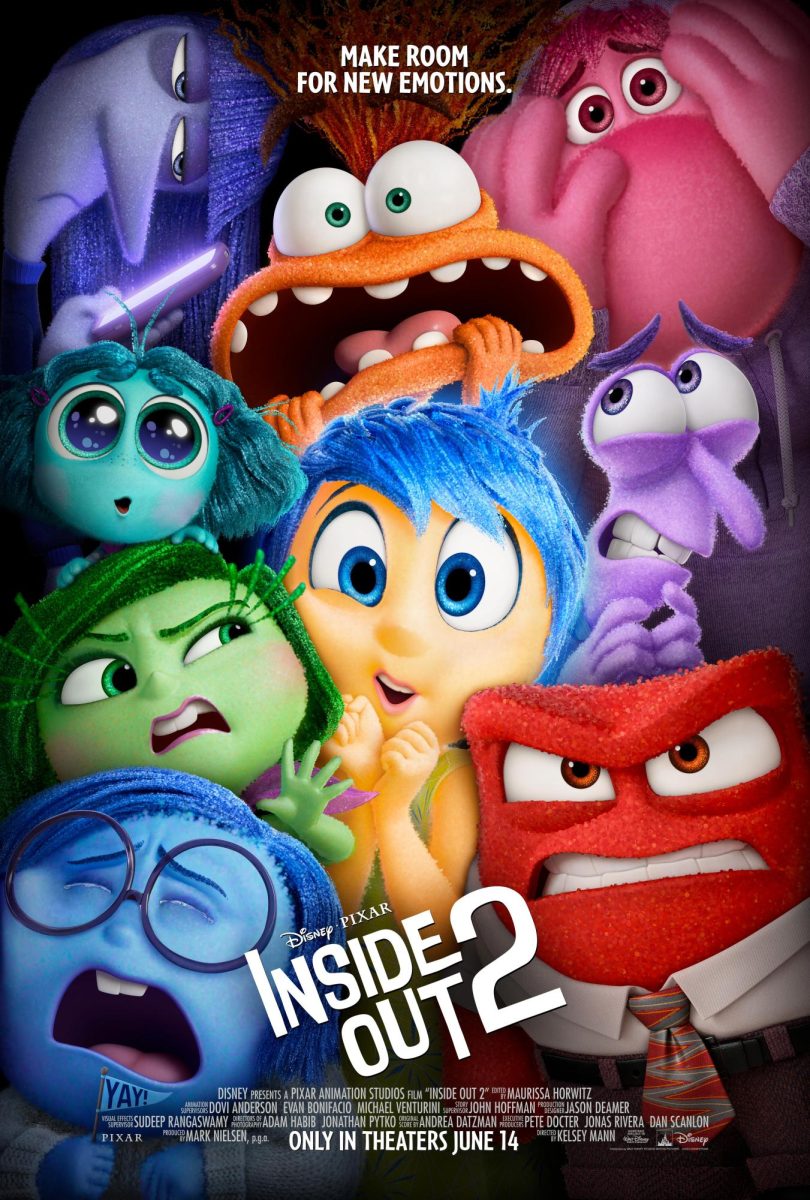

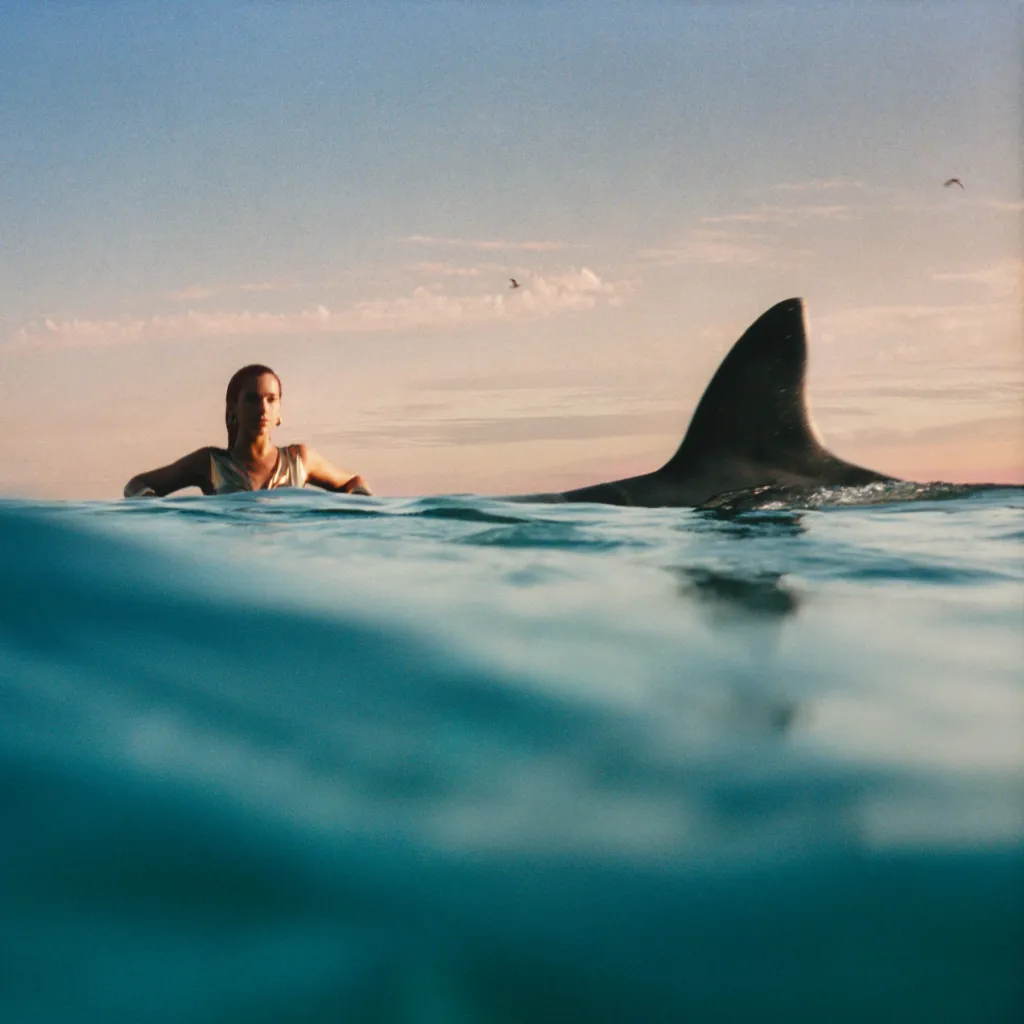

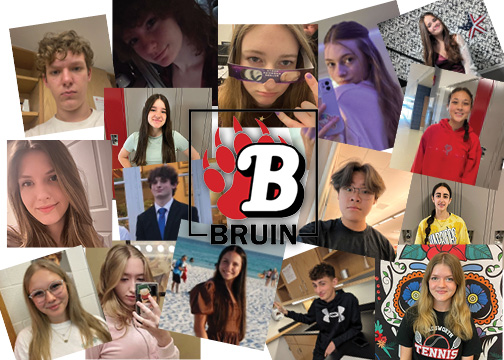
![Wadsworth High Celebrates Prom 2024 [Photo Gallery]](https://wadsworthbruin.com/wp-content/uploads/2024/05/IMG_2372-1200x800.jpg)
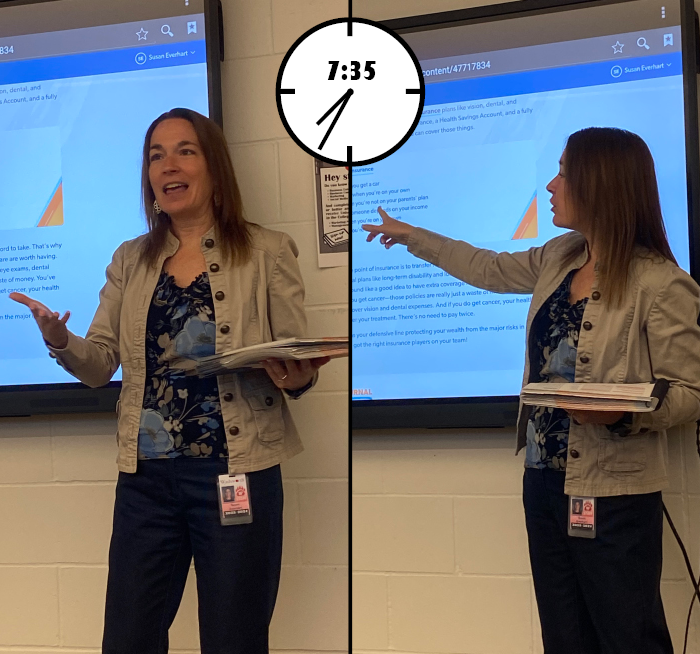
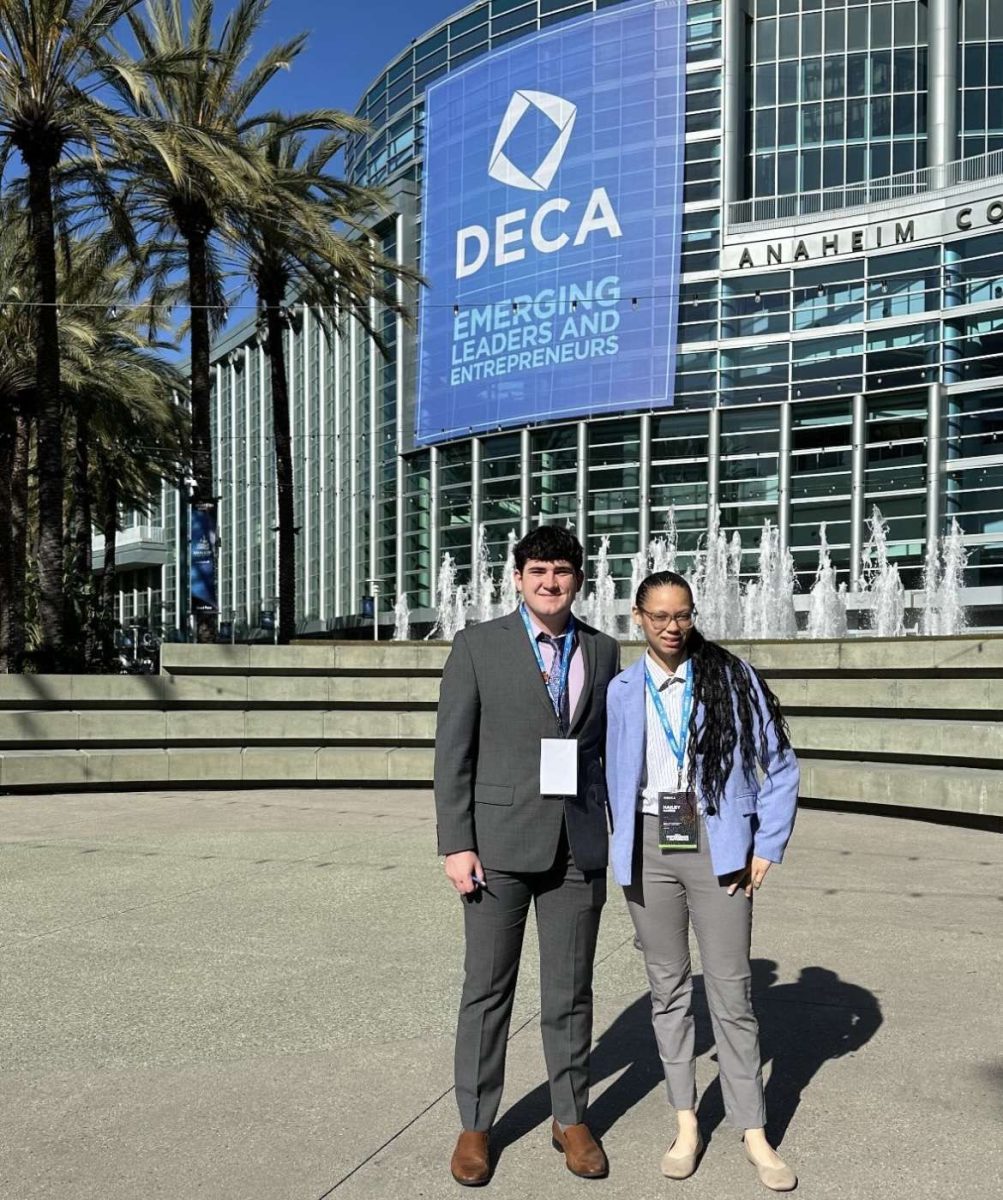
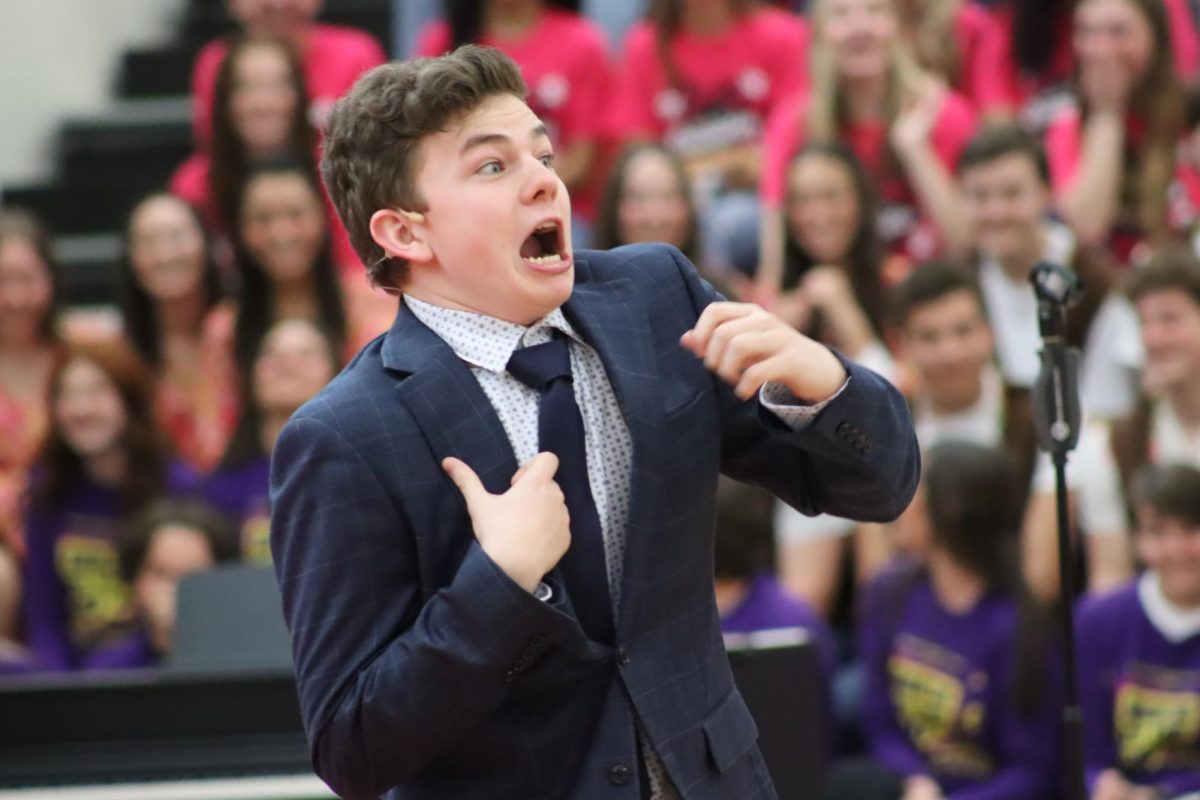
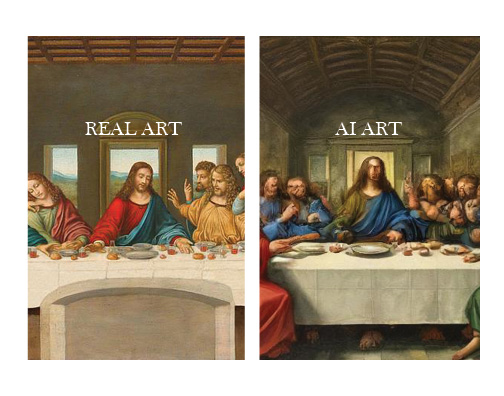

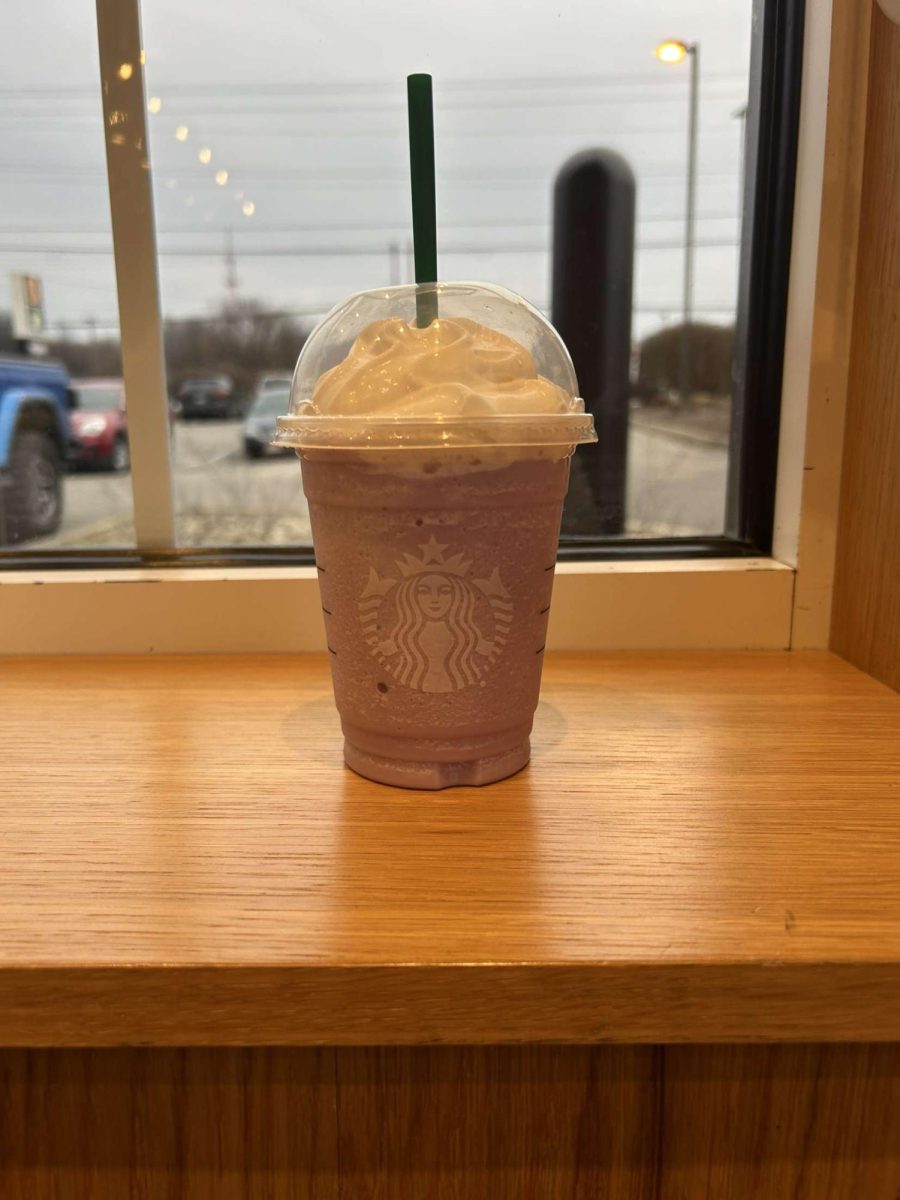

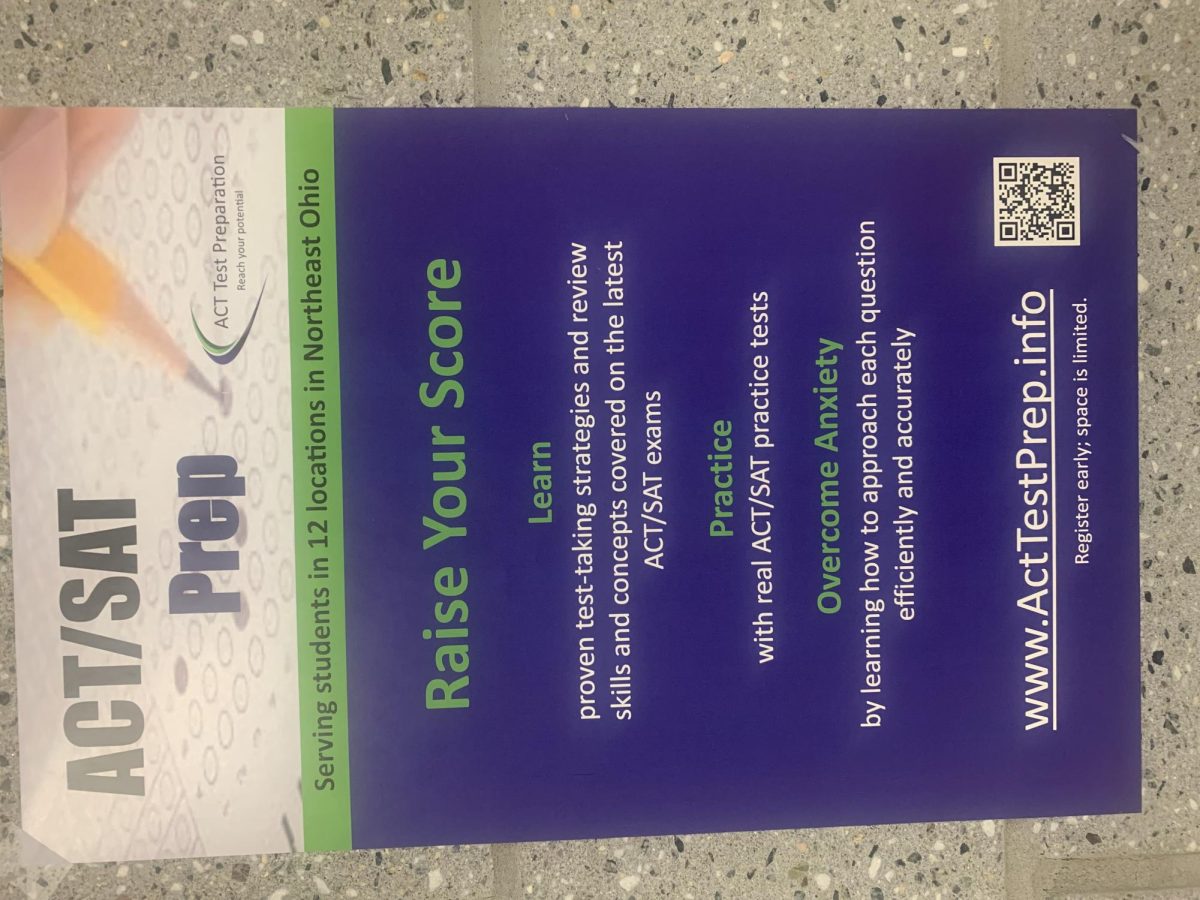

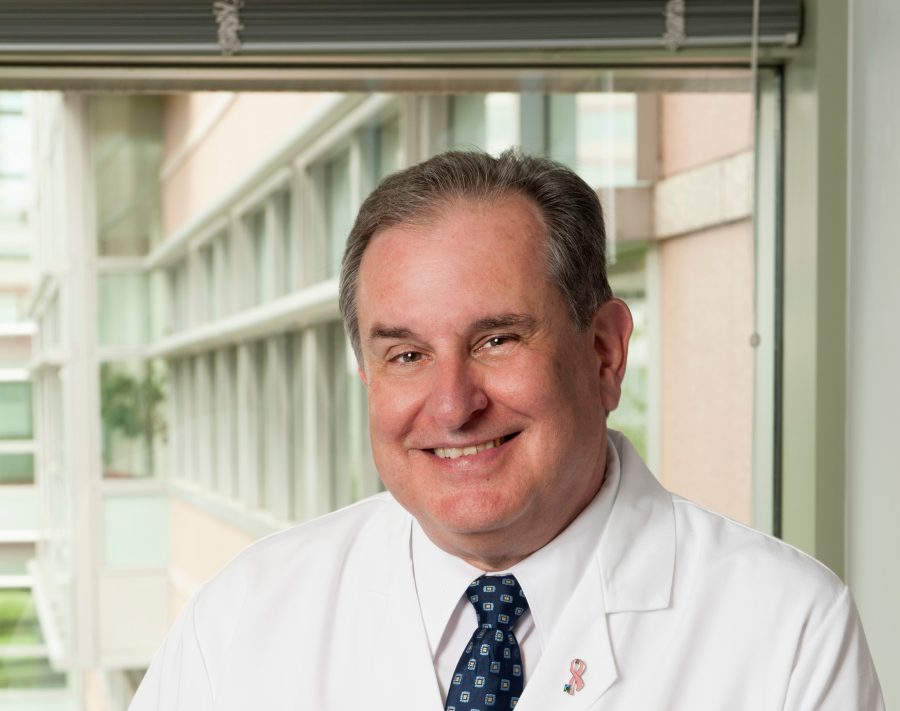
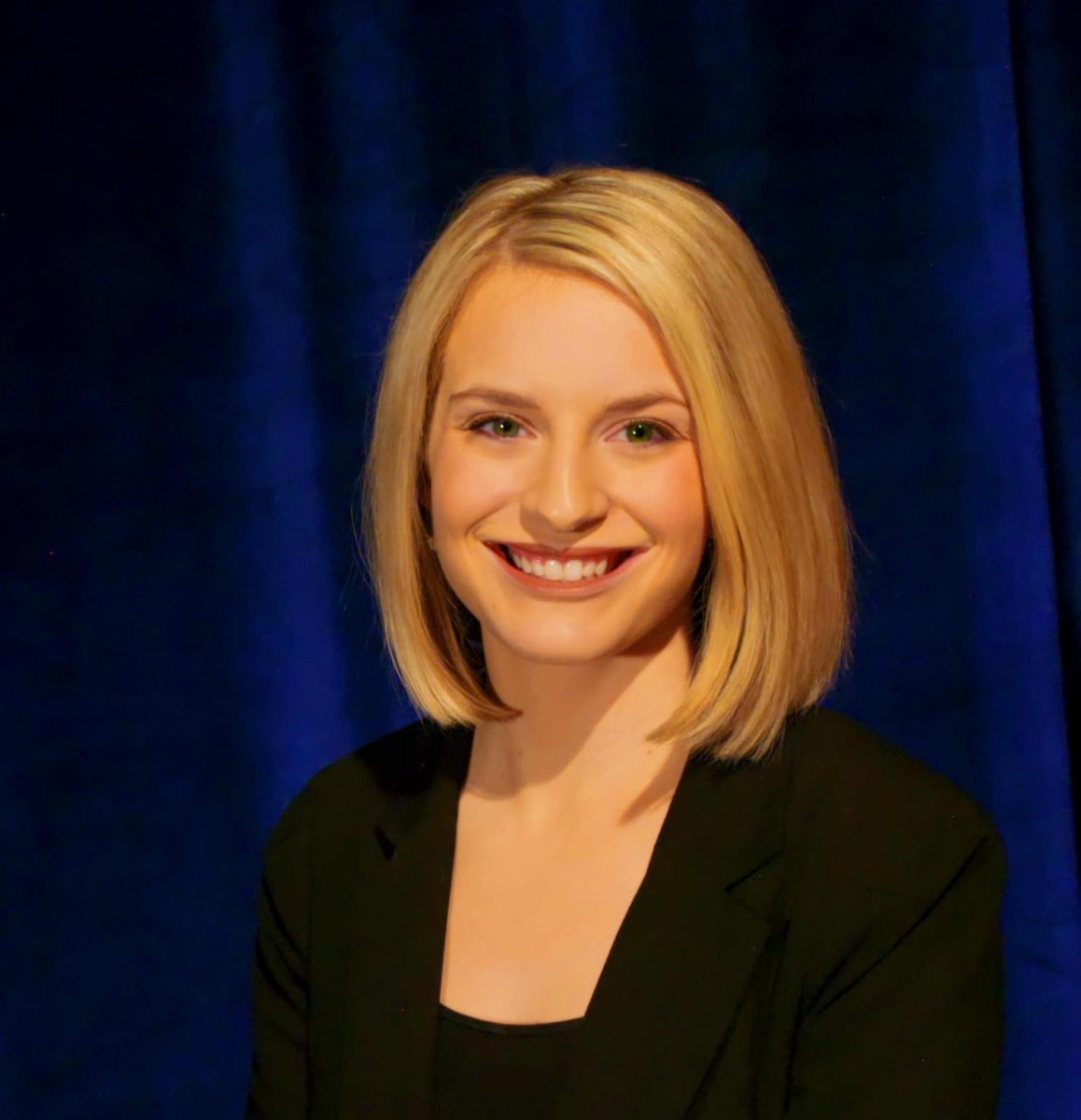
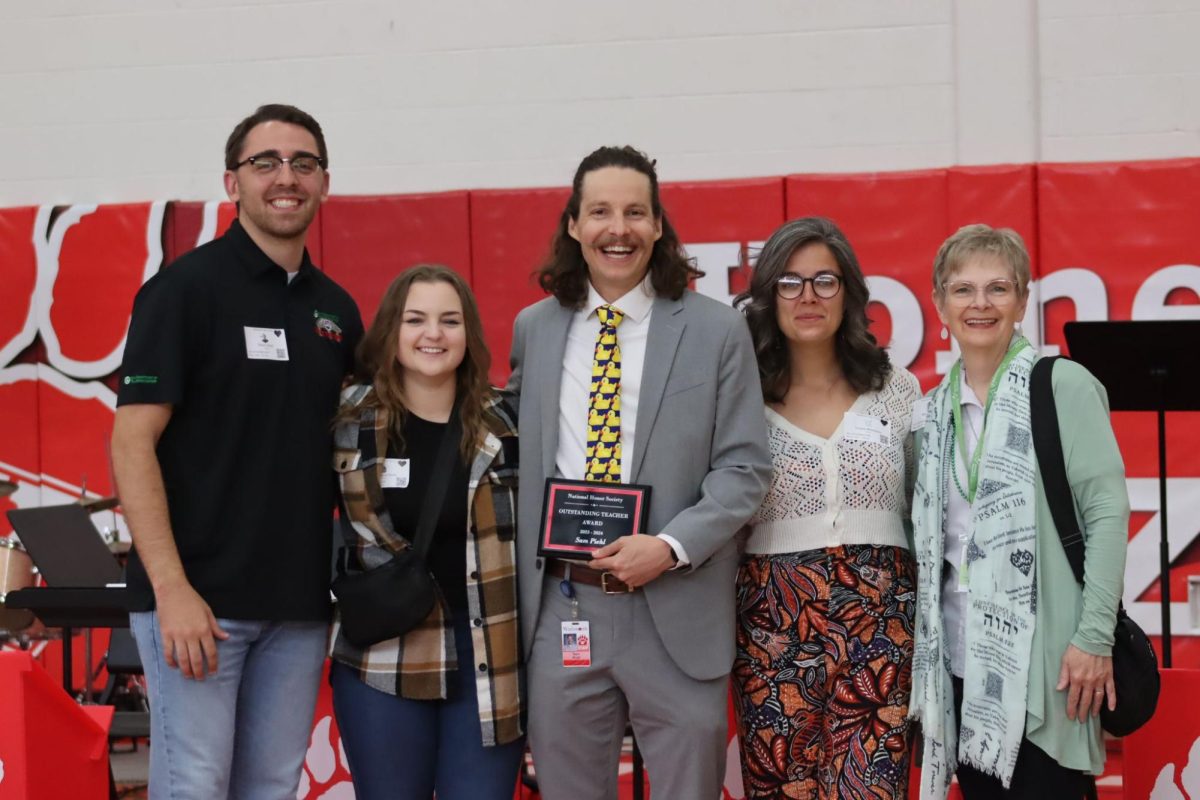
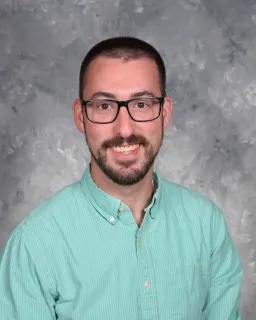
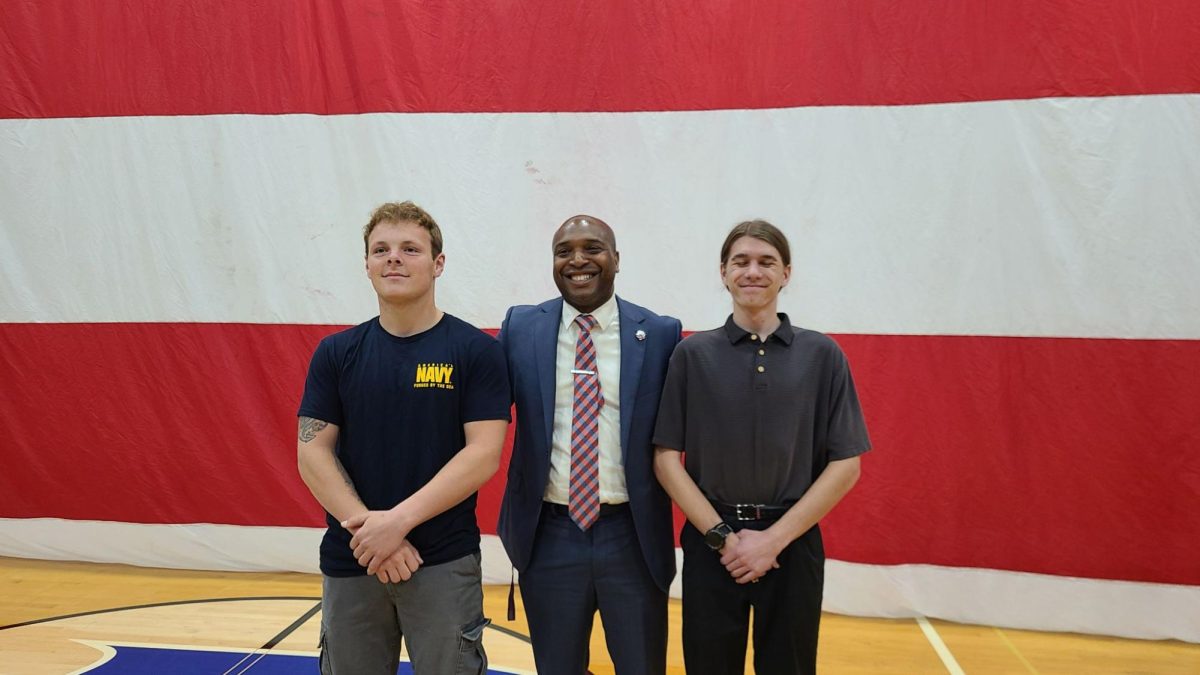
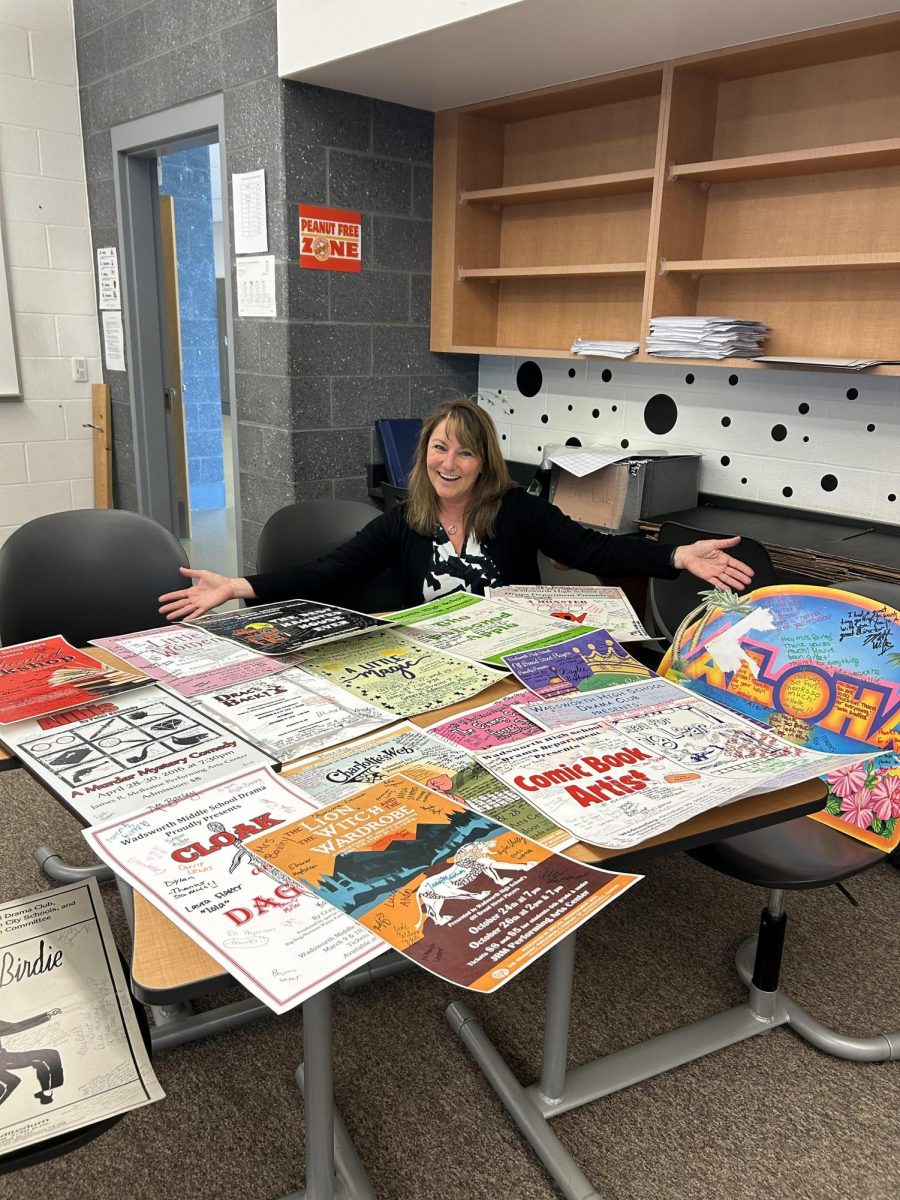
hailey • Mar 3, 2024 at 9:31 pm
great work!